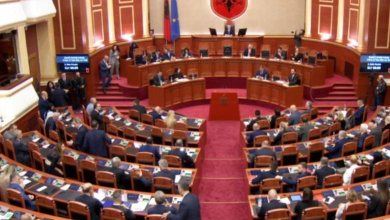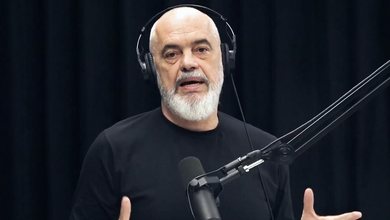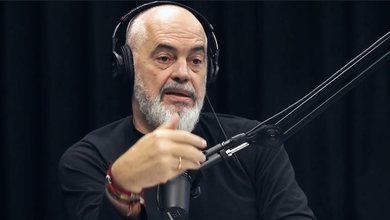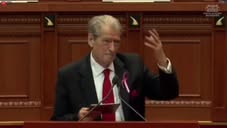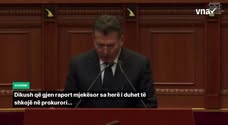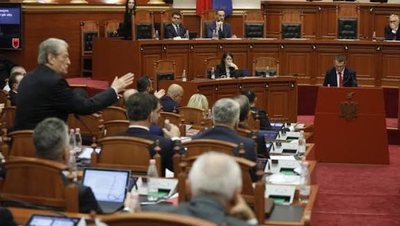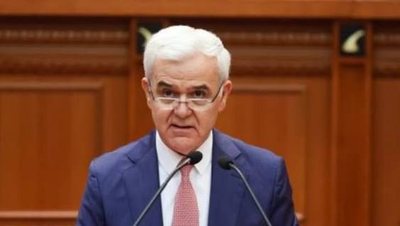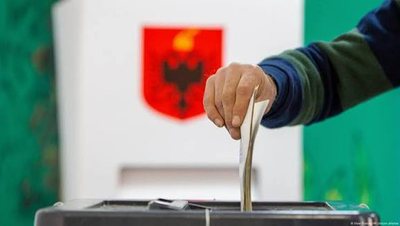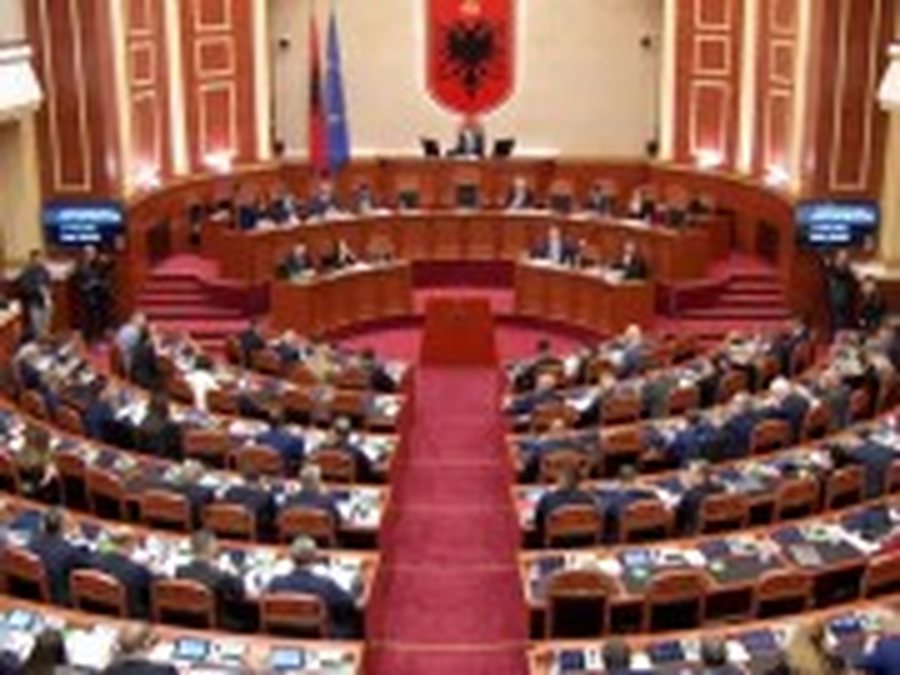
Some of the smaller parliamentary parties disagree with the Electoral Reform Commission, accusing it of being agreed upon only by the Democratic Party and the Socialist Party. The MPs who spoke out against it are Agron Shehaj of the Mundësia party, Fatmir Mediu of the Republican Party and Redi Muçi of the Together Movement.
Agron Shehaj, after voting against, reacted in harsh tones towards the majority and the opposition, saying that they had agreed with the goal of extinguishing new parties.
"The Electoral Reform Commission has only one goal: to kill new parties, to kill alternatives in this country, to kill democracy. I don't understand how the majority and the opposition get together and suddenly set up a commission without including new parties. You have only one goal: that after you have stolen together, you continue to steal. This will be the result of this shameful commission. Continue to agree to steal together," said Shehaj.
It seems that even the closest ally of the DP, Fatmir Mediu, was not asked about the Electoral Reform, who stated that the way the composition of the Territorial Reform Commission is organized is not appropriate, since the vote of the members has no value when the two co-chairs agree with each other.
He underlined that this situation risks that the Electoral Code will continue to have problems and that the country will once again hold non-free elections.
"I don't think it does us any honor to say that this committee follows tradition. Transparency should precede voting. Even Gjiknuri knows that this is a committee where votes have no value, only the agreement between the two co-chairs is enough. A committee without voting rights is a repeated story, which has produced codes that MPs from both parties did not recognize until they arrived in the Assembly," said Mediu.
The Joint Movement MP, Redi Muçi, also spoke out against it, saying that the majority and the opposition, through the Electoral Reform Commission, aim to harm small parties.
"Where is the parliamentary tradition that excludes a party represented in parliament from the right to vote? And it was rightly said that it is a consensus of 99%, because 1% is the Joint Movement. On what basis do you exclude a parliamentary party from the right to vote, as if it were an NGO or an advisory institution that only gives opinions? While the Socialist Party is represented with 7 members, so 7x7=14, the Joint Movement has been denied the right to vote in this parliamentary committee. Clearly, our exclusion shows the damage that is expected to be done to small parties, which will very soon become large," said Muçi.
It seems that the establishment of the Electoral and Territorial Reform commissions is the next example of cooperation between the SP and the DP, as both were approved only with their votes in the Assembly.


